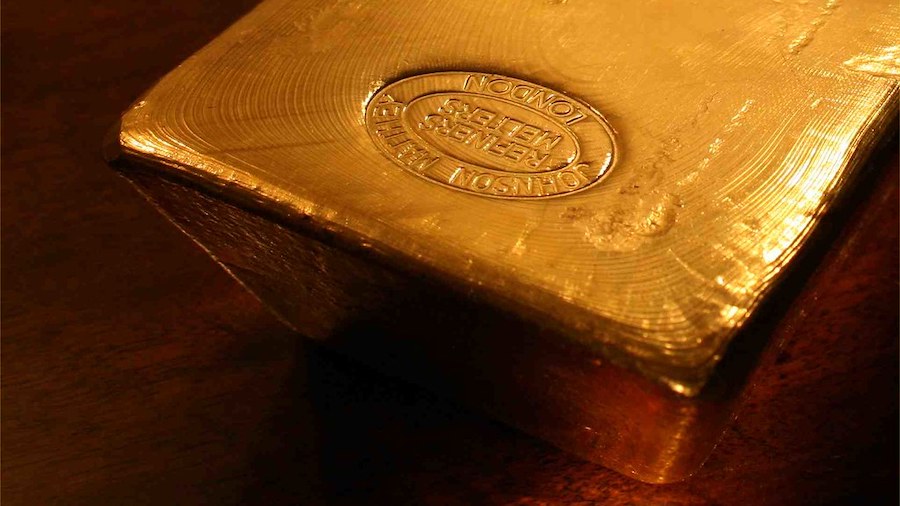Swiss refiner says it can verify gold’s origin to combat illegal supply

One of the world’s biggest gold refiners said on Tuesday it had developed a way to quickly confirm where gold had been mined, potentially stopping illegal gold from entering supply chains.
Metalor, a Swiss refiner with plants in the United States and Asia, said it devised the method with the University of Lausanne in a 26-month-long research project.
Its technique takes samples of gold from a mine or supplier and creates a complex chemical and physical blueprint for the material against which subsequent shipments can be checked, said Metalor executive Jonathan Jodry.
If a shipment contains gold from a different source, this will be visible because its blueprint, which Metalor calls a “geoforensic passport”, won’t match the one in the refiner’s database.
Similar analysis of gold was possible before but was too unwieldy to be applied to every shipment, Jodry said.
Many refineries devote huge time and resources to making sure they know the origins of gold they receive, but this tends to be done by tracking shipments rather than analysing them.
“This is a major step forward in the traceability of mined gold,” he said, adding that any refinery could use the technique.
The method won’t identify the origins of gold that has already been refined but could help to police the supply of gold from mine to refiner by making it harder for unscrupulous traders to pretend their gold came from somewhere it didn’t.
Such fraud is rife in places like South America and Africa where illegal and polluting small-scale mining is common and criminal and armed groups trade gold worth billions of dollars.
However, while the method is reliable with gold from a single mine, Jodry said, it cannot yet reliably confirm the origin of gold shipped by collectors combining metal from multiple suppliers — something common in small scale mining.
Most major refineries, including Metalor, have had to sever relationships with suppliers found to have knowingly or unknowingly dealt in illegal gold.
(By Peter Hobson; Editing by David Evans)
{{ commodity.name }}
{{ post.title }}
{{ post.date }}




Comments